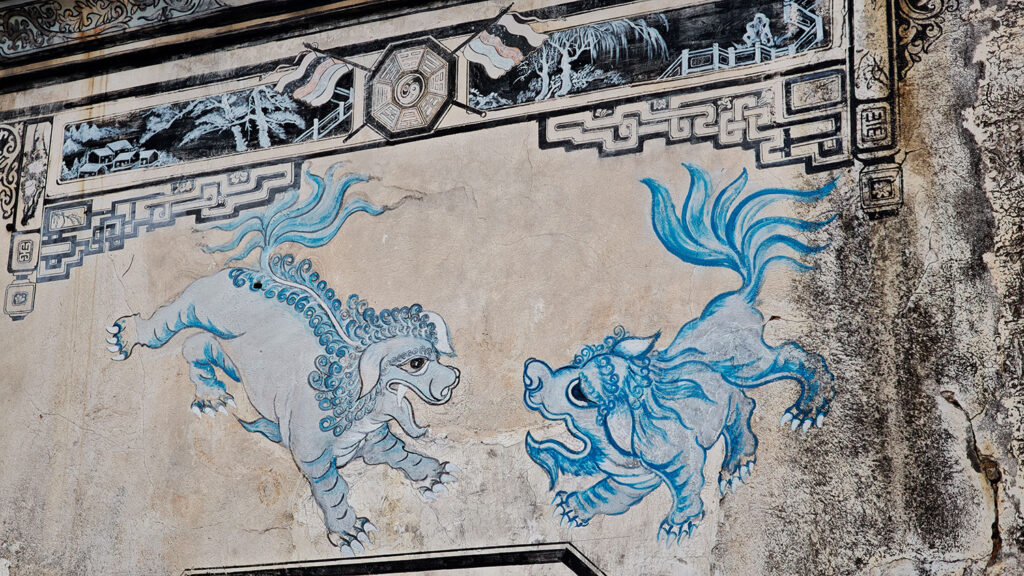I never realized how important idioms, proverbs, and expressions are to language. I never had to. Not only did I always live in a Western culture, also English and Dutch are pretty close to each other. So close in fact, that we often just translate idioms (Rubbing salt in a wound / Zout in wond wrijven), or we just weave untranslatables like “Last but not least” into an otherwise Dutch sentence.
Now, speaking Chinese, I often find myself literally translating idioms, such as “Don’t bite the hand that feeds you”, or “Practice what you preach”, or “It differs a gulp on a shot of alcohol (Scheelt een slok op een borrel)”. To be in a Shanghai-subway during rush hour is to be like “herring in a barrel” (Als haringen in een ton zitten).
I often translate those idioms into Chinese (“Your eye is bigger than your stomach / Je oog is groter dan je mag / 你的眼睛比你的肚子大”). Not just that, the Chinese language is also full of fantastic idioms, such as “People mountain, people sea (人山人海)”, or “Steal steal touch touch (偷偷摸摸)”. A colleague explained he had little money, so he joked about looking at photos of expensive food while eating instant noodles, to “望梅止渴” (to quench thirst by looking at plums).
It’s not the figurative meaning that’s so powerful in idioms and expressions. It’s the cultural weight. By saying “In the Netherlands, we have this idiom…”, it means that the sentence that follows is embedded into our language; it carries the approval of so many Dutch speakers. (To come back to the fish called herring…. to say something is a ‘red herring’ is such a strong accusation; you cannot achieve that effect with normal words.)
The more I think about idioms and ‘formulaic language’, the more I see it around me. It’s fashion. (That’s, perhaps, why we have the expression ‘fashion statement’, or ‘body language’.)
And internet memes are idioms. While some, like ‘Shut up and take my money’ may be considered modern figures of speech, other memes are mostly visual ‘idioms’, such as ‘Exit 12’, ‘Distracted boyfriend’, or Drake’s ‘Yes/no’ meme. They’re a quick way to convey a bigger meaning, part of language and understood and approved by all its speakers.
For me, learning a language — and speaking a language vastly different than my mother tongue — made me more aware of language in general. And how amazing idioms are. Our brains are carrying these expressions together, and when used correctly, that weight carries onto your words.



